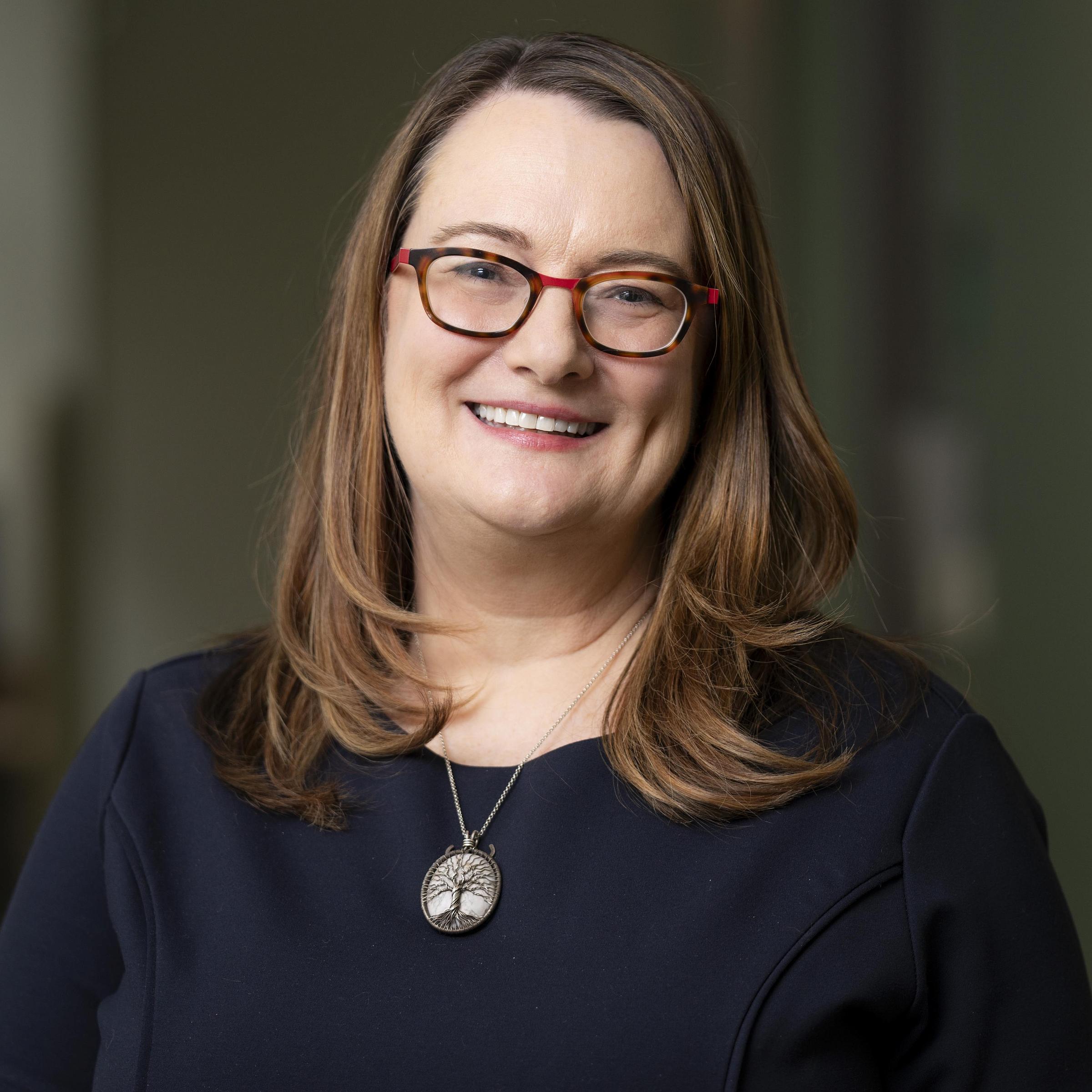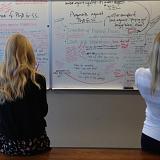
The Center for Health Ethics, Arts, and Humanities

The Center for Health Ethics, Arts, and Humanities
Welcome!
MISSION STATEMENT
The Center for Health Ethics, Arts, and Humanities produces new teaching, scholarship, and outreach work, bringing insights from the humanities, arts, law, and social sciences into healthcare education and practice. We seek to prepare tomorrow's healers to act with compassion and justice. Together, we can educate health professionals in bioethics, research ethics, and health humanities, and nurture empathy and humanitarian values.
Questions, ideas, suggestions - email us!
Upcoming Events
January 14, 2026
Literature and Healthcare Discussion - How to Be Well
Our January Literature and Healthcare Discussion will feature How to Be Well by Amy Larocca. , ...
January 21, 2026
Ethics Explored Discussion - Treating Children with Trisomy 18: The Ethically Fraught Space Between Ableism, Advocacy, and Aggressive Care
Trisomy 18 has long been characterized as a fatal condition. Recent clinical advances, however, have allowed ...
Center Director's Message
Friends and Colleagues,
As 2025 ends, we are especially thankful for our partnership with Associate Vice President for Health Sciences Education Dr. Wendy Hobson-Rohrer, who is taking a sabbatical leave in 2026. Her office helped us navigate the move to University Center status in 2021 and made it possible for continue our educational programs through many transformational changes at the U.
We’ve continued to offer our Award for Written Scholarship in Medical Ethics for medical students submissions open now. We gifted books to graduate and professional students across the health sciences, including all 2025 graduates of the Physician Assistant Program and all incoming medical residents, across disciplines.
Please join us in the new year for more excellent educational experiences open to all. We will be hosting historian Johanna Schoen from Johns Hopkins University as our Green Memorial Speaker and philosopher of health Sean Valles from Michigan State University as our Cowan-Mayden Memorial Speaker.
As part of our longstanding Ethics Explored series, we will have nationally known experts leading our discussions of new developments in caring for children with Trisomy-18, understanding moral distress in NICUs, and the place of humility in public health strategies.
Literature and Healthcare discussion series, which has been running for most of the 35 years we’ve existed at the U, will include prose and poetry by local authors and colleagues Joni Hemond and Susan Sample, as well as the television phenomenon that is “The Pitt.” You might make a special effort to attend discussions led by Mark Matheson, who tells us this will be his last year as a facilitator. We will have a special in-person session in December 2026 to celebrate all that Mark has given to our program.
With our longtime collaborators at UtahPresents, we are co-producing the live annual storytelling event Healthcare Stories: Together in March and co-sponsoring a special event, Arms Around America in April.
Looking far forward to Spring 2027, we are delighted to announce that we will host the annual meeting of the Health Humanities Consortium, the first time this conference has been held in the Mountain West. More information to come about how you can participate.
We are grateful for your support, which makes our work possible and visible. I am always moved to hear from you and share your messages with everyone here at the Center. Please reach out anytime directly to me or to our Center email.
We hope that your winter holidays are joyful and restful!
Gretchen









